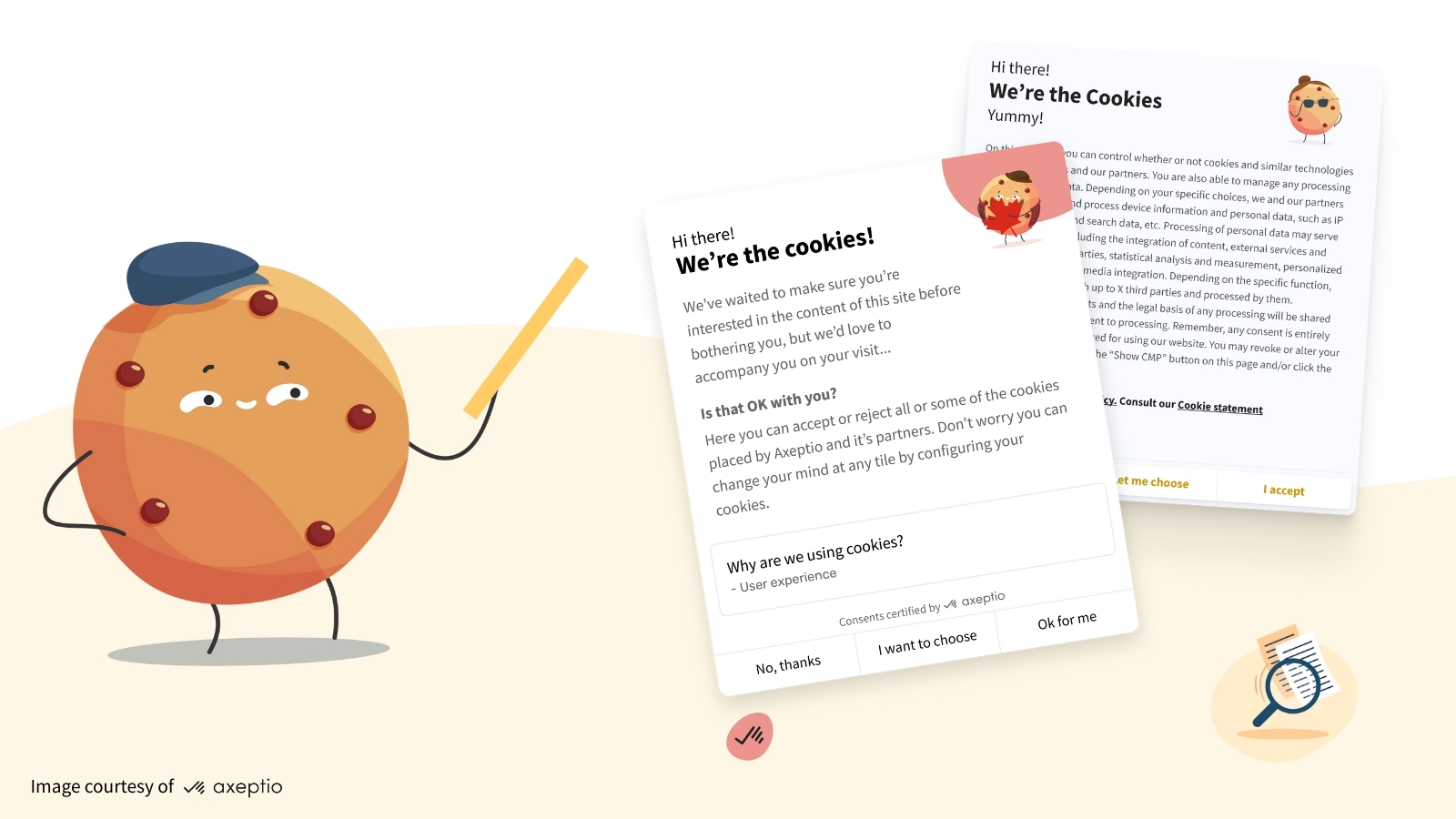Canada’s private sector has long operated under the Personal Information Protection and Electronic Documents Act (PIPEDA), which enforces ten fair information principles to govern the collection, use, and disclosure of personal information.
Québec’s Law 25 takes this a step further, introducing GDPR-like1 obligations, including explicit consent for cookies and data portability rights. While the intent is clear—protecting personal data and increasing transparency—the operational impact is significant for marketing teams: every data point now requires user permission, and that permission must be informed, specific, and documented.
This has led to the adoption of market standards like the IAB’s Transparency and Consent Framework (TCF Canada), which provides technical specifications and policies to help industry players clearly communicate data practices to users and give them consistent ways to manage their preferences.
The Signal Degradation Challenge
These regulatory changes have led to the industry grappling with “signal degradation”, which has been exacerbated by browsers phasing out third-party cookies. Safari and Firefox have long blocked them, and although Google recently signalled that cookies will remain in Chrome for now, the momentum toward first-party solutions continues.
Meanwhile, mobile environment restrictions such as Apple’s App Tracking Transparency (ATT) have compounded data loss. For advertisers, this means greater reliance on alternative deterministic signals, such as hashed emails or universal IDs, which, while more limited in scale, are increasingly making their way into media plans.
However, one of the most significant consequences lies in the modeling of conversion attribution. Campaigns continue to drive results, but with fewer signals to connect ad exposure to outcomes, optimization becomes less precise.
New frameworks like IAB Tech Lab’s Attribution Data Matching Protocol (ADMaP) aim to close part of this gap, measuring attributions using Privacy Enhancing Technologies (PETs) in a data clean room without exposing personal information.
Although still early in adoption, such initiatives show that the industry is actively working toward more resilient attribution models.
CMPs as Strategic Enablers
Consent Management Platforms (CMP) sit at the intersection of compliance, brand trust, and performance marketing. A well-designed CMP shapes the first interaction between a user and a brand, and explains, in plain language, how data will be used and why it matters, increasing the likelihood of a positive opt-in.
Its configuration is not a one-size-fits-all exercise: the right CMP must align with the regulatory environments relevant to the brand’s audiences, whether that means Law 25 in Québec, GDPR in Europe, CCPA in the United States, or a combination of these. Beyond compliance, the degree of customization available can directly influence user experience and, by extension, opt-in rates. Choosing a platform that adapts to different legal frameworks and offers tailored consent journeys ensures both legal certainty and consistent addressable reach across markets.
Balancing Deterministic and Probabilistic Approaches
With stricter consent requirements and shrinking deterministic data, marketers are exploring probabilistic approaches, using contextual signals, cohort behaviour, or predictive modelling. For example, technologies such as Google Consent Mode v2 and Microsoft’s UET Consent Mode extrapolate insights from opted-in users to model broader audience behaviour.
However, identity-based targeting isn’t disappearing. Deterministic methods remain attractive for their precision and attribution capabilities. The shift is therefore gradual, with both identity and intent signals coexisting in the media plan.
Building a Future-Proof Signalling Ecosystem in Canada
Addressability challenges point to the need for systemic change, not just tactical workarounds. A healthier Canadian ad ecosystem would embed privacy by design, standardize consent frameworks across platforms, and promote interoperable clean-room solutions.
Ultimately, the future of addressability in Canada will belong to those who treat privacy as an enabler rather than a barrier, building strategies where transparency, compliance, and performance work hand in hand.
About Axeptio:
Axeptio is an international SaaS consent management solution (CMP) that helps brands and publishers transparently collect consent from their web visitors, in compliance with current regulations (GDPR in Europe, Law 25 in Canada, NFADP in Switzerland, CCPA in California, LGPD in Brazil, etc.). Axeptio is committed to creating a positive and respectful consent experience, valuing user choice and privacy.
The solution is available directly via Axeptio’s website or its network of partner agencies, and currently equips over 130,000 websites and mobile applications, including BRP, PMU, Jacadi, FIBA, Photomyne and Veepee Suisse.
1 GDPR : European general data protection regulation (GDPR) is one of the strongest privacy and security law in the world.

